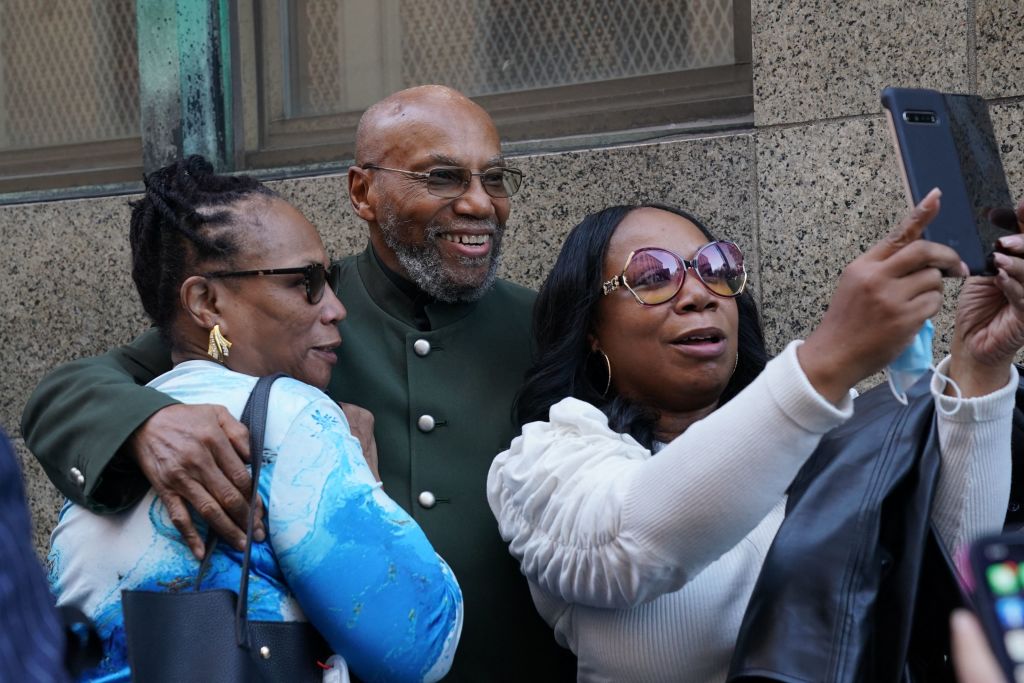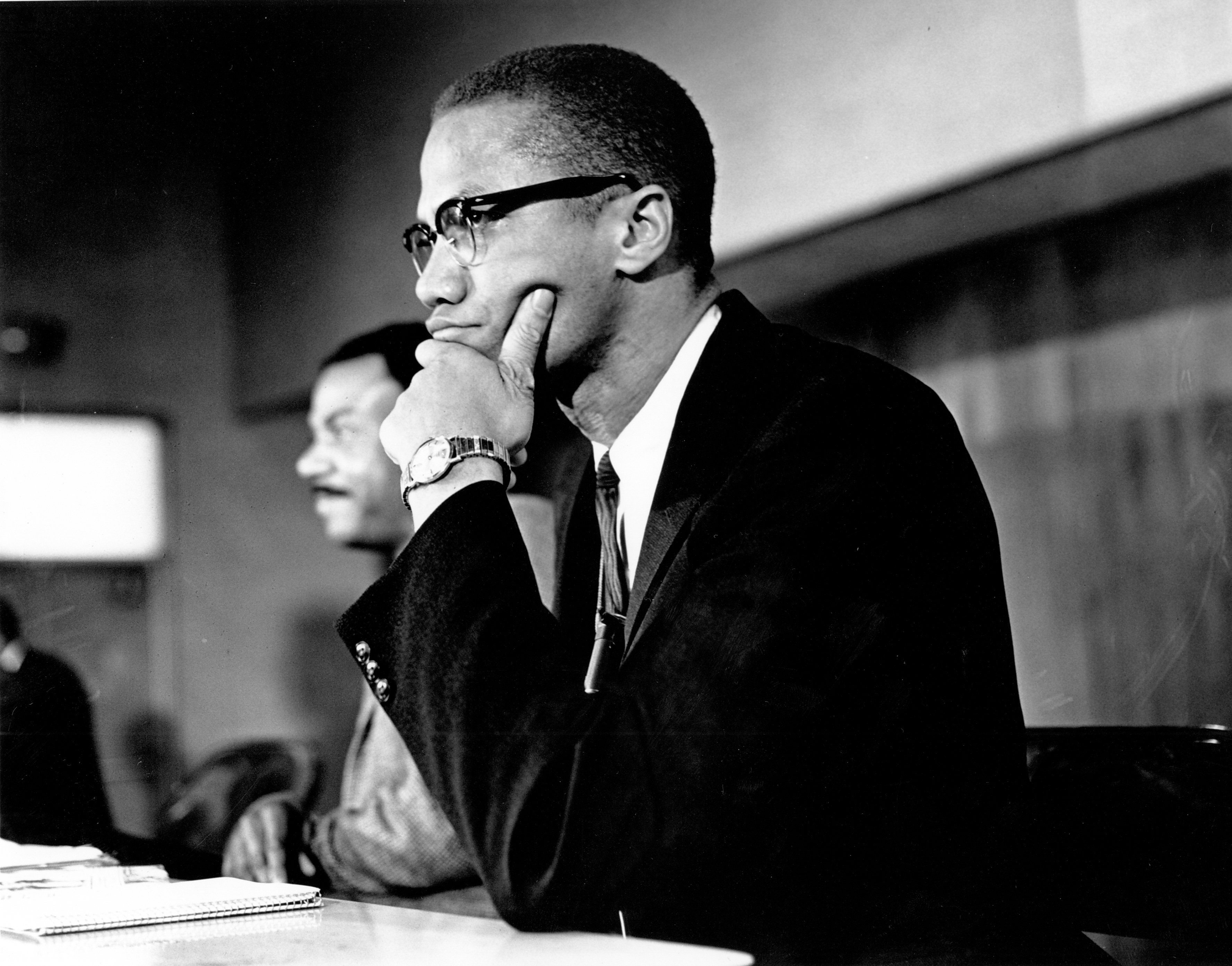One of two men exonerated after spending decades in prison for the murder of civil rights leader Malcolm X intends to sue both New York City and the state for as much as $60 million.
Manhattan D.A. Cy Vance and attorneys for Muhammad Aziz and the late Khalil Islam moved last month to vacate their 1966 convictions. Vance, in an interview with the New York Times, apologized and acknowledged the "severity of the error" in their cases. Authorities in their trial withheld evidence favorable to the defense, said the Innocence Project and civil rights lawyer David Shanies, the attorneys for the two men.
Shanies confirmed Tuesday that Aziz will take legal action over the purported damage to his reputation. He has filed a $20 million claim against the state, and a notice with the city of an intended claim of $40 million unless a settlement can be reached.
The Office of the Attorney General declined to comment.
Get New England news, weather forecasts and entertainment stories to your inbox. Sign up for NECN newsletters.
Vance's office launched a review of the case in early 2020 after a Netflix documentary raised serious questions about the innocence of Aziz, known at the time as Norman 3X Butler, and Islam, then known as Thomas 15X Johnson.
Mujahid Halim, who was freed on parole in 2010, admitted taking part in the killing but maintained the other two did not. Islam was paroled in 1987 and died in 2009; Aziz, paroled in 1985, is now 83 years old.
Halim — also known as Talmadge Hayer and Thomas Hagan — said he was one of three gunmen who shot Malcolm X, but he testified that neither Aziz nor Islam was involved. The two always said they were innocent and offered alibis. No physical evidence linked them to the crime.
Malcolm X was assassinated Feb. 21, 1965, as three men rushed the stage while he was starting a speech at the Audubon Ballroom in Washington Heights. He gained national prominence as the voice of the Nation of Islam, speaking about the importance of Black people claiming their civil rights “by any means necessary" in his highly visible role with the Black Muslim organization.
But he later split with the group and, after a trip to Mecca, started speaking about the potential for racial unity. It earned him the ire of some in the Nation of Islam, who saw him as a traitor.



